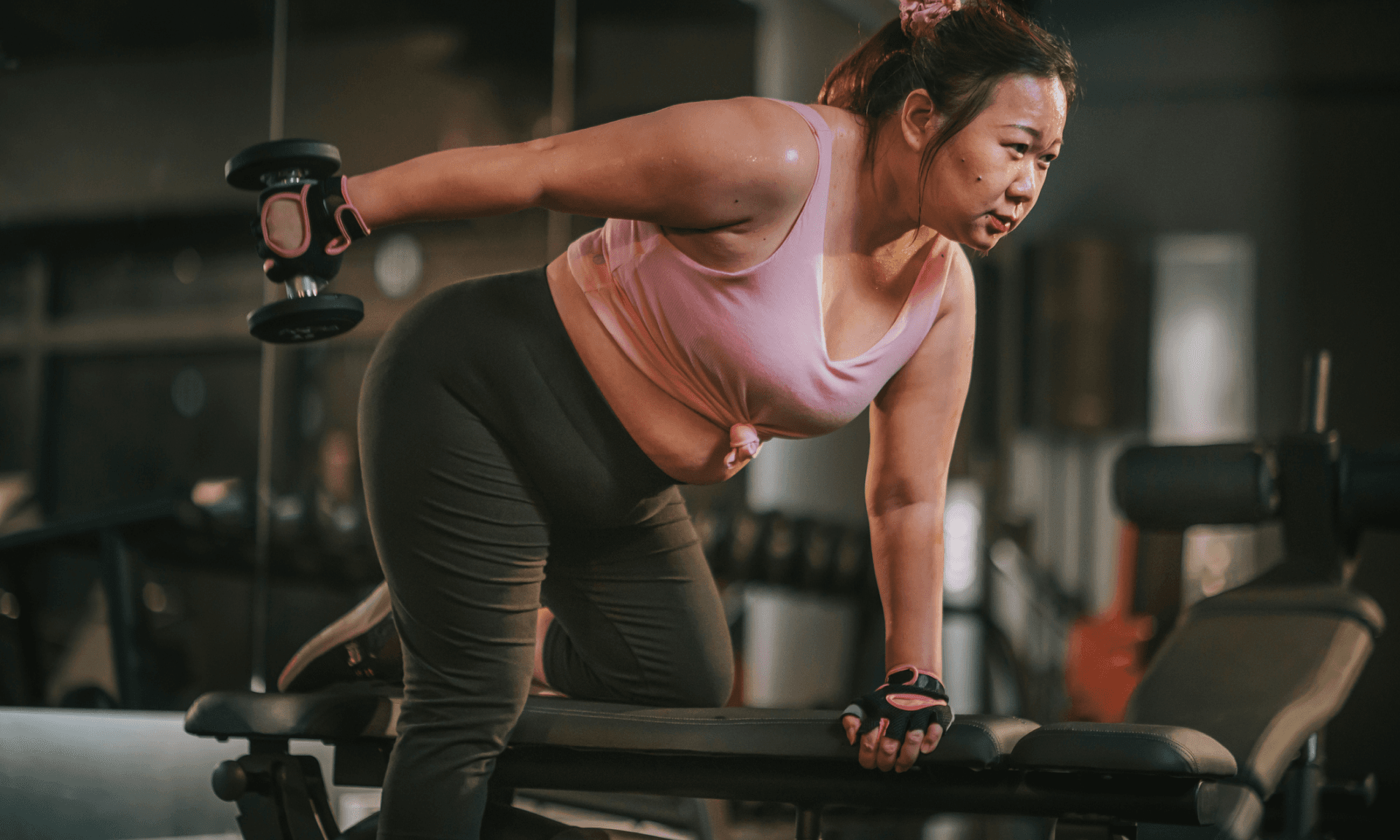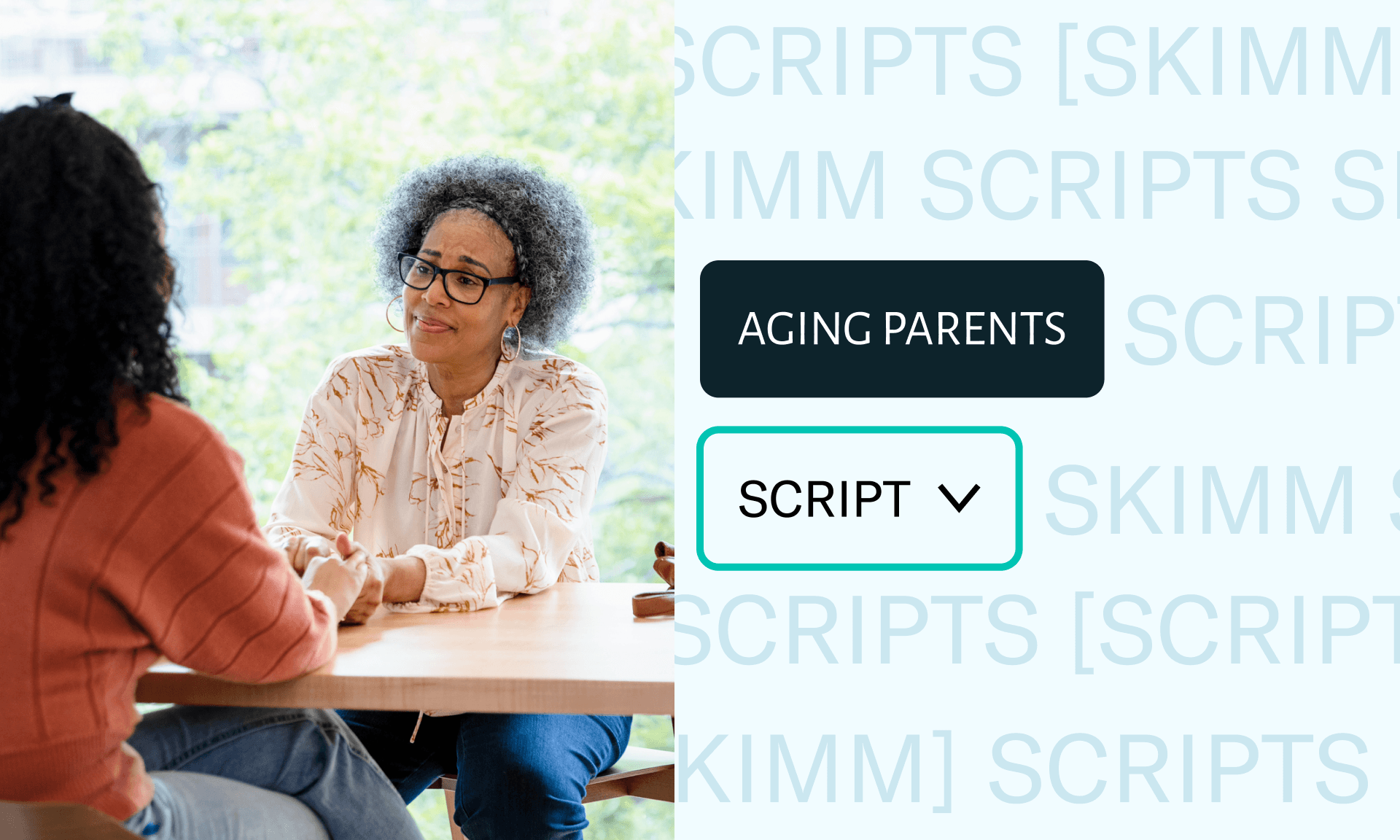Hey, hey — and happy Pride. Let's celebrate, but also recognize the discrimination the LGBTQIA+ community faces in healthcare (and beyond). If you need them, here are some resources that can help.
Meanwhile, as summer gets underway, it feels like there are 47 million things to do after work. So these low-lift dinner recipes and Trader Joe’s snacks are giving me life. Speaking of food, here’s what else is on my mind:
Idk about you, but I don't want to eat microplastics.
I might need to rethink my beverage choices.
A food announcement I’m super into…
And one that will make my desk salad even sadder.
— Marisa Iallonardo / Writer / White Plains, NY
well, well, well...

Catch up on the latest health news, tips, and trends.
The Senate is set to vote today on a bill protecting women’s access to birth control. Meanwhile, an easy-to-use men's birth control could soon be a reality. Because, of course.
Before you ask Google if [random symptom] is normal, you may want to read this.
The dark past of C-sections in the US — and why listening to women’s experiences matters. Especially given this new report on our terrible maternal mortality rate.
For the first time ever, FDA advisors weighed in on MDMA as a medical treatment. Were they ecstatic about it?
New research shows eating like this could increase longevity — even if you only do it sometimes. *Looks up salmon recipes*
PS: Sometimes self-care can be self-defeating. Here’s a simple solution.
we have to talk about…

A New Reason to Strength Train
If you’ve made it this far into the year without hearing about the importance of strength training, we’d be shocked. This time, social media is right: There are many reasons to hop on the bandwagon, from toning your muscles to boosting your mental health to reducing your risk of heart conditions. But there's one major benefit people aren’t talking about enough.
What is it?
Your bones. Specifically, strengthening them to prevent (or reduce your risk of) osteoporosis. It’s especially important for women because we have less bone tissue than men (is anything fair?). Then there’s perimenopause, which generally happens in your 30s or 40s and increases your risk of osteoporosis, thanks to the decrease in estrogen production, says Karen Litzy, DPT.
This may sound like a future-you problem. But your bones start weakening as early as 30. So you’re more likely to experience fractures and other injuries, which can come with complications, long-term impacts, and affect your quality of life. To make things trickier: Osteoporosis doesn’t have any symptoms and can sneak up on you. Some risk factors include having a smaller frame, a history of eating disorders, a family history of osteoporosis, or low calcium and vitamin D levels, says Litzy.
How does strength training help?
The more resistance you regularly put on your bones, the stronger they become — and that’s not something you can get with cardio alone — says Litzy. It's not just dumbbells or weight machines that'll do the trick: Resistance bands, yoga, pilates, and bodyweight exercises all work, she adds.
Your Move
Start sooner rather than later. It’s never too late to start training, says Litzy. But the quicker you start giving back to your bones, the better.
Ditch the fears about “bulking up,” says Litzy. It doesn’t happen as often or easily as you might think.
Find a form of strength training that works for you. And that you enjoy enough to do two to three times per week — the amount Litzy recommends for best results.
Work with a physical therapist or personal trainer. They can teach you the proper form to avoid injuries. Not in your budget? Free gym trials or videos and apps led by certified professionals (emphasis on certified) are also solid options.
asked & answered
Q. Why is it important for women to have a strong pelvic floor?
Dr. Betsy Greenleaf: Without strong pelvic floor muscles, women might experience issues like urinary incontinence (aka the inability to hold it in), painful prolapse, or sexual dysfunction. After women turn 30, their muscle mass decreases by four to six pounds per decade. So it's essential to do pelvic floor exercises to maintain strength — especially if you’re planning to (or already) have kids. Ready to get started? This intuitive, ultra-smooth device can help you strengthen your pelvic floor effortlessly, giving you a comfort and confidence boost.
FEATURED EXPERT:
skimm scripts
Where we literally give you the words you need to get things done.

How to Ask Your Aging Parents About Their Future
Realizing your parents won’t always be here is a harsh reality to face. But the key to making their aging a little less scary is talking to them about it — from where they want to live, to end-of-life planning. Here’s what to say.
quote of the week

"We’re never alone"
What one optometrist tells her patients about the tiny bugs that hang out on our eyelashes. That mite be the creepiest thing we've heard all day.
Photos by iStock, Brand Partners
Design by theSkimm
This content is for informational and educational purposes only. It does not constitute a medical opinion, medical advice, or diagnosis or treatment of any particular condition. Always seek the advice of your physician, mental-health professional, or other qualified health provider with any questions you may have regarding a medical condition. Products you buy through our links may earn us a commission.
*PS: This is a sponsored post.
Live Smarter
Sign up for the Daily Skimm email newsletter. Delivered to your inbox every morning and prepares you for your day in minutes.
